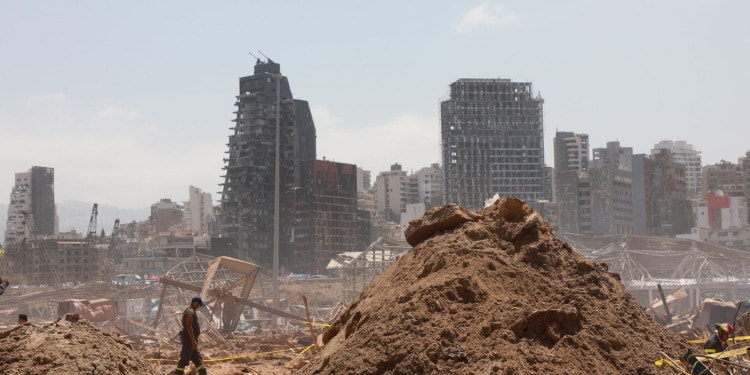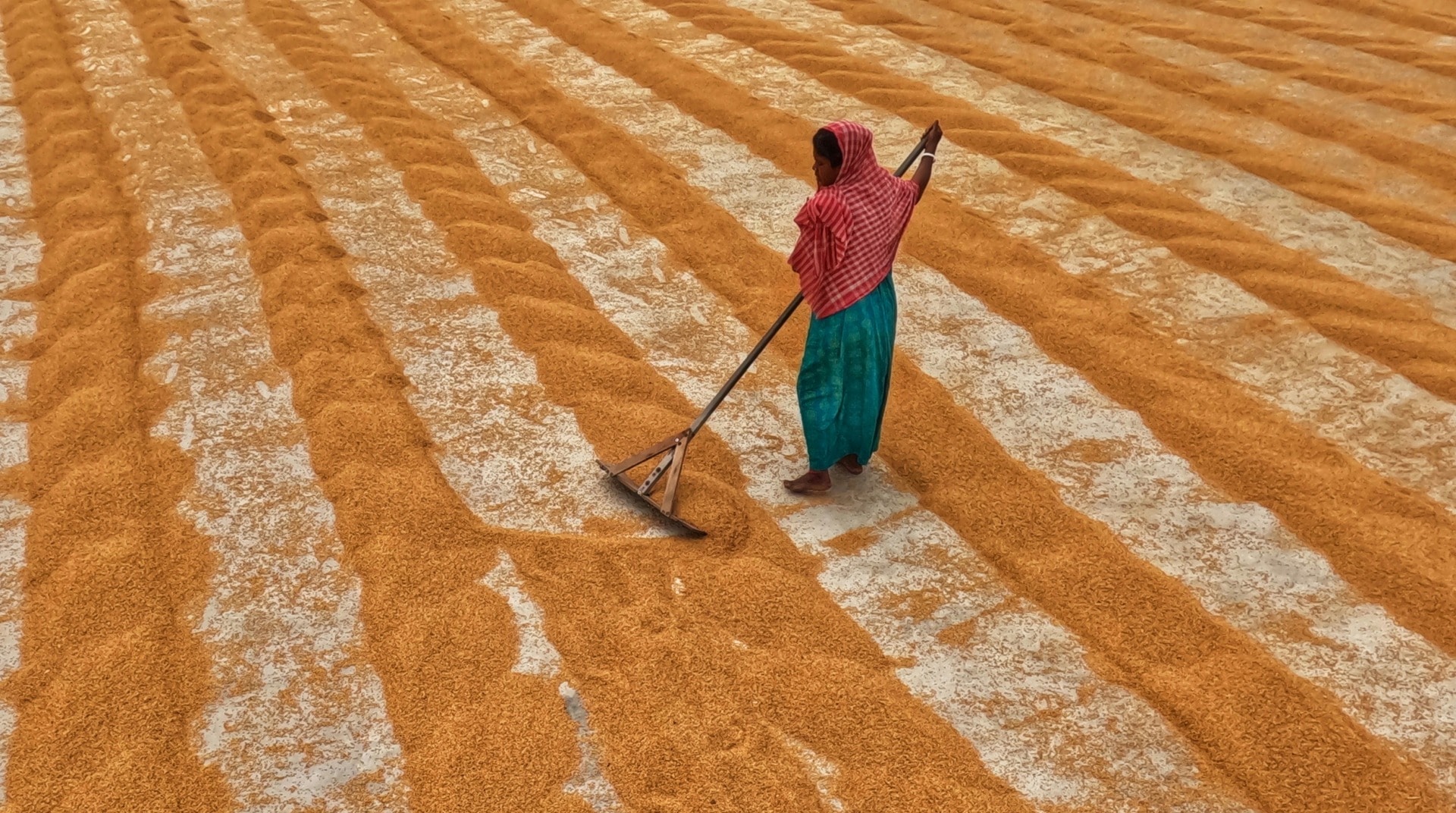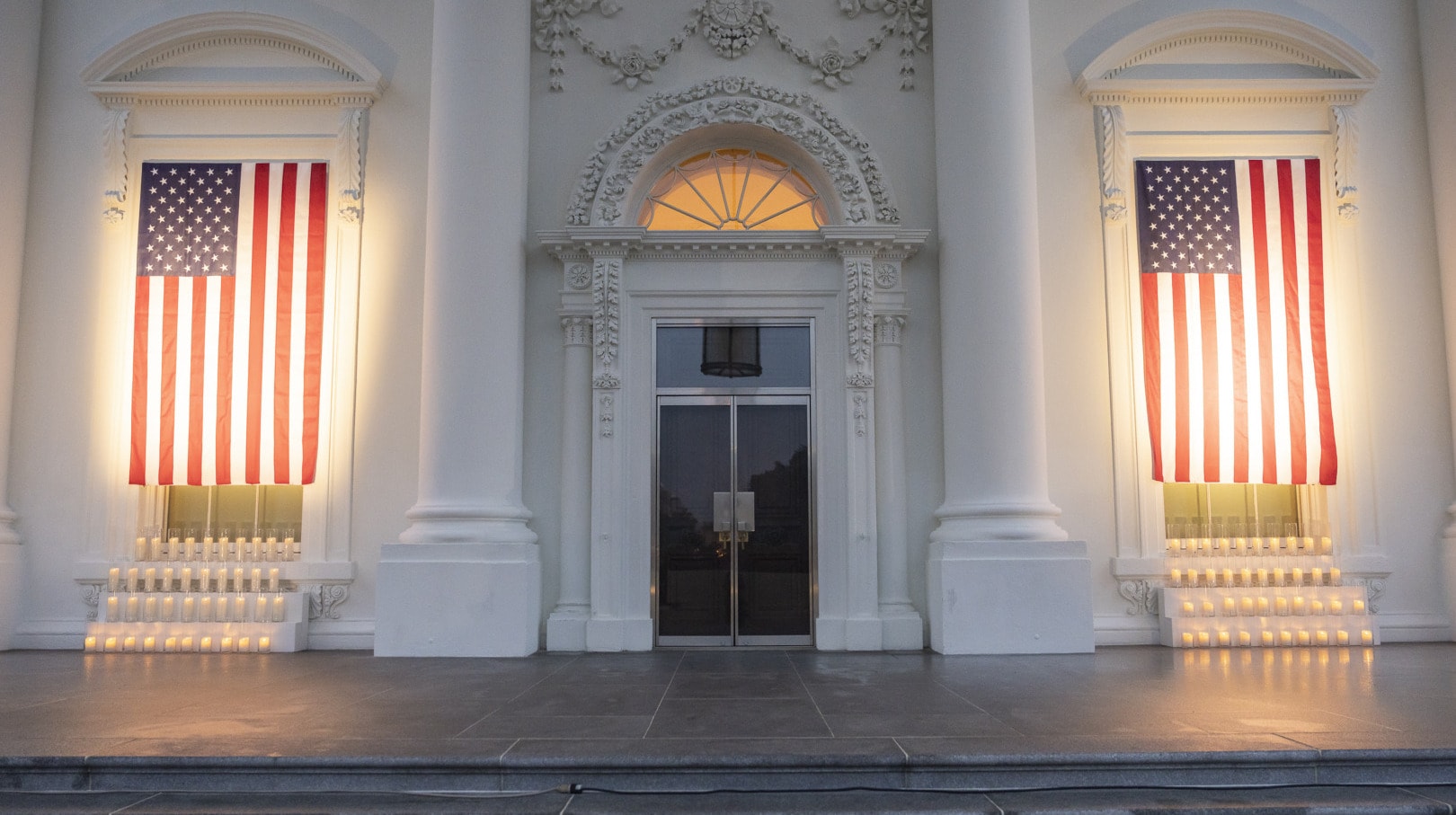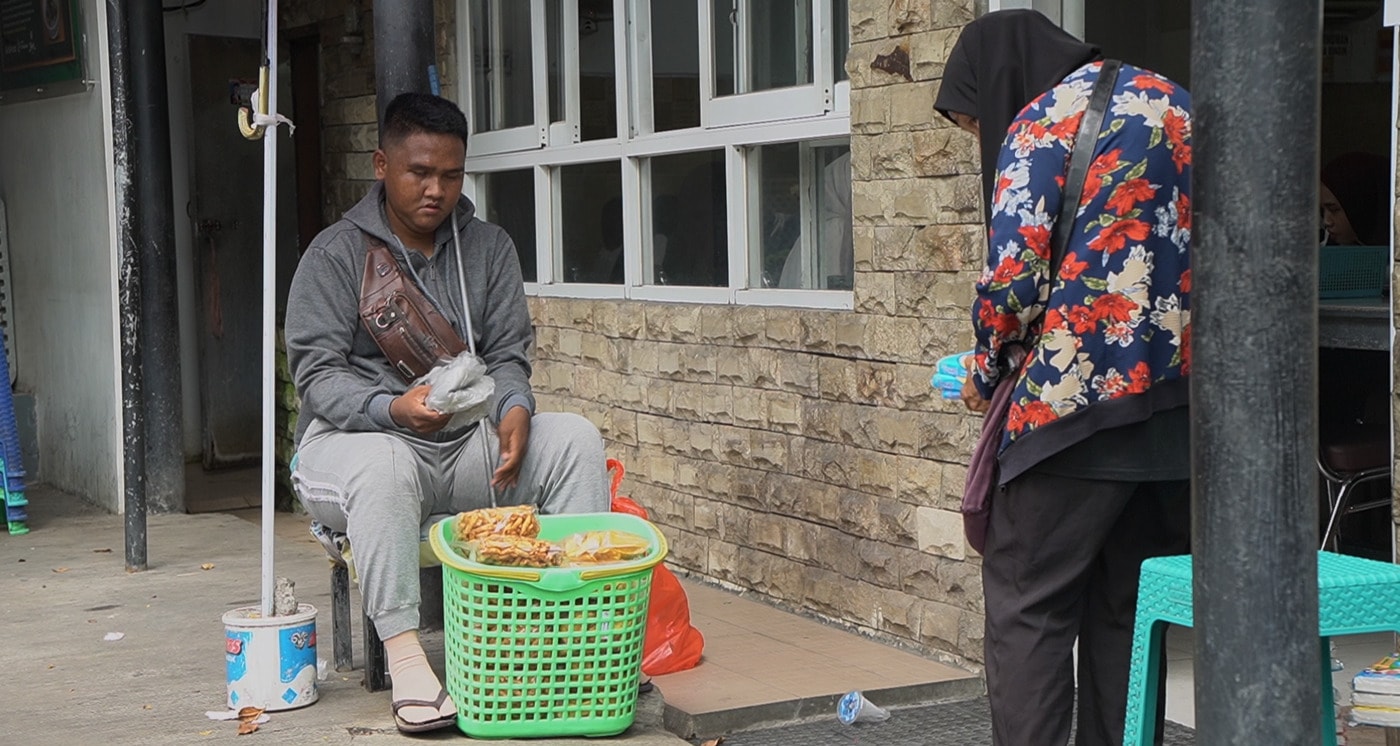A country in protest, Lebanon has already faced a financial and political crisis before the COVID-19 pandemic. Now, with Beirut partially destroyed following the twin explosions which have been identified as “one of the largest non-nuclear blasts in history,” the extent of governmental dysfunction and negligence has furthered fuelled the outrage of the Lebanese people.
Following the government’s announcement of an economic state of emergency and its decision to levy a WhatsApp tax of $6 a month, later on, Lebanon saw the largest protests in 14 years, in October 2019. The tax, alongside other proposed austerity measures for 2020, ignited anger in demonstrators who were already facing conditions of poverty, unemployment, high costs of living and lack of public services. Attesting to the depth of frustration, people across sectarian and ethnic divides unified to protest against a dysfunctional and corrupt government, demanding a system that reflects the interests of the Lebanese people.
The protests led to the resignation of Saad Hariri and the formation of Hassan Diab’s government in December 2019. However, early this year Lebanon announced it was in a financial crisis, suspending payments on all outstanding Eurobonds in foreign currency and defaulting on its foreign and local debt of approximately $90 billion.
Even prior to the August explosion in Beirut, Lebanese families were already struggling to meet their basic needs as a result of the dollar shortage. Exacerbated further by the COVID-19 lockdown, a statement was released in July by Jad Sakr, acting county director of Save the Children in Lebanon, impressing upon the urgency of the ill effects of the crisis, “The crisis hits everybody – Lebanese families, Palestinian and Syrian refugees alike. We will start seeing children dying from hunger before the end of the year.’’ The increased poverty and difficulty people experienced with buying food were shared online when images of Lebanese families photographed standing next to their empty fridges went viral.
https://www.instagram.com/p/CBy5gExFApQ/?utm_source=ig_web_copy_link
These conditions worsened the situation of migrant workers too, many of whom are working women from Ethiopia and the Philippines, trapped in Lebanon and unable to go home because of the costs or travel restrictions. This situation had become dire this June when women who had been employed as domestic workers were being abandoned by their employers outside their respective embassies in Beirut.
A country already $100 billion dollars in deficit and in talks with the International Monetary Fund (IMF) about financial support and debt restructuring, Lebanon could not be in a more vulnerable position than it is now. The blast in Beirut on Aug. 4 has killed at least 180 people, left about 30 missing, injured more than 6,000 and left 300,000 homeless.
Now, with estimates of an extra $15 billion dollar needed to rebuild the damage, reports that food security has also been seriously impacted as a result of wheat stores being destroyed and that six hospitals and more than 20 health clinics were damaged, the estimated €253 million euros brought over by Macron will do little to touch the extent of the Lebanese people’s plight and those that the country gives refuge to. Adding to the insecurity of Lebanon are estimates that the port, which imports food and fuel needed for electricity, may take between five and ten years to rebuild.
As the Lebanese people must now endure an unprecedented hardship following the explosion, the outpour of anger has resulted in more protests and renewed cries for change.
Fuelling the outrage of the protesters was the revelation that President Michel Aoun and Prime Minister Hassan Diab had known about the existence of the ammonium nitrate following an investigation in January and that they had been warned of the potential consequences if not dealt with immediately.
Protesters in Beirut called for a revolution as they stormed several government buildings in anger over the deadly blast that devastated much of the city. pic.twitter.com/xtdcVvytf7
— DW News (@dwnews) August 9, 2020
Shortly following the blast came the resignation of Lebanon’s Information Minister Manal Abdel Samad, as well as of the Environment Minister Damianos Kattar. These were followed by another nine resignations by Members of Parliament, the Justice Minister Marie Claude Najm, and Finance Minister Ghazi Wazni. On August 10, Prime Minister Hassan Diab issued his resignation citing endemic corruption as the cause, “I said before that corruption is rooted in every lever of the state but I have discovered that corruption is greater than the state.”

I said before that corruption is rooted in every lever of the state but I have discovered that corruption is greater than the state.
— Prime Minister Hassan Diab
But what do the next few weeks hold for Lebanon? What hope is there for the Lebanese people, in what Kim Ghattas, a fellow of the Carnegie Endowment for International Peace, calls a “humanitarian disaster wrapped in a political crisis?” The explosion has accelerated the second resignation of the government in the span of a year. However, President Michele Auon and Parliamentary Speaker Nabih Berry still hold their positions despite reports that some protesters have been demanding their resignation. There have also been reports of plans to reinstate former Prime Minister Sa’ad Hariri, which seems like a step backwards considering he too failed to do anything during his term to prevent the recent tragedy. If it truly is the political system of Lebanon that is the root of the corruption and dysfunction, will the removal of a fairly newly elected government be a catalyst for lasting change?
For the Lebanese protesters, there may be some hope for political change, according to Paul Salem, former director of the Carnegie Middle East Center in Beirut, Lebanon. One of the speakers for the online panel conversation “Lebanon After the Explosion,” Salem, speaks about the current vulnerability of the ruling elite following the collapse of the economy and the current political opportunity to form an independent party — as a vibrant civil society steps forward to deal with the after-effects of the blast. But this will involve the Lebanese people coming together in agreement in order to create a clear pathway. It will depend too on the role of the international community, whose members are likely to have contrasting geopolitical agendas.
Editor’s Note: The opinions expressed here by Impakter.com columnists are their own, not those of Impakter.com.
In the Featured Photo: The aftermath of the Beirut blast. Featured Photo Credit: Bernard Khalil. European Union.















